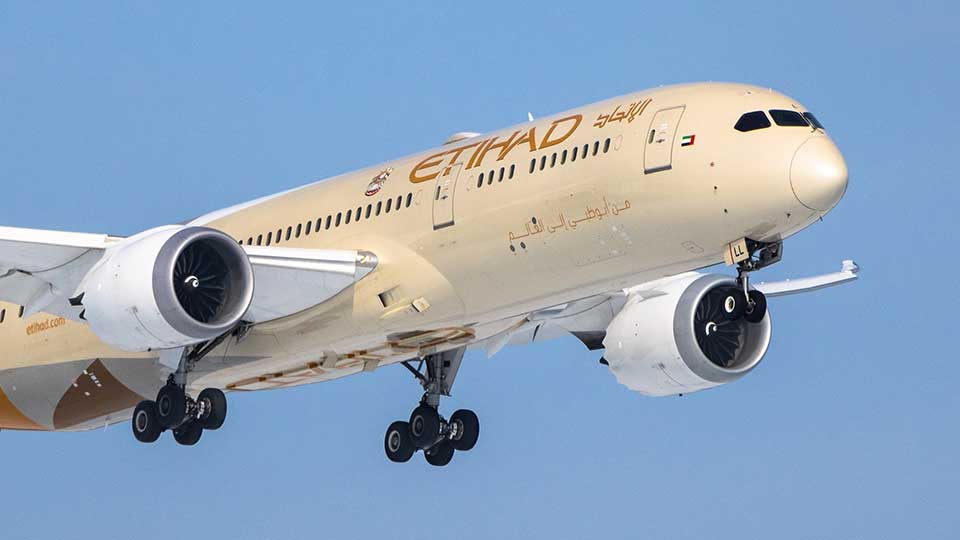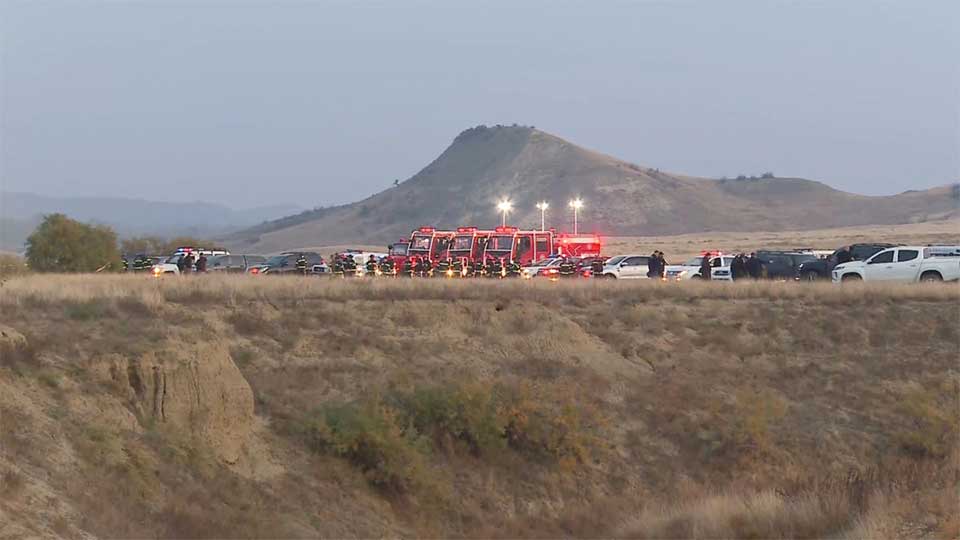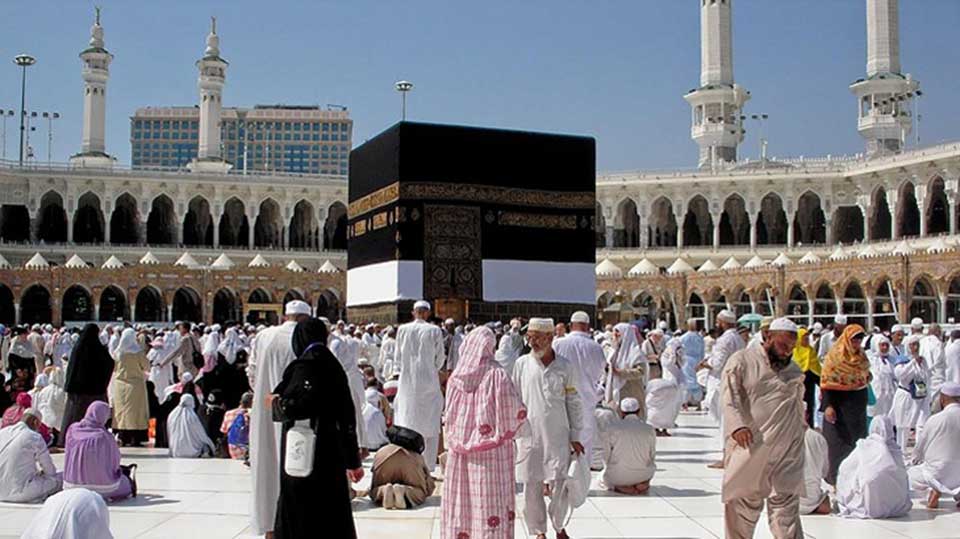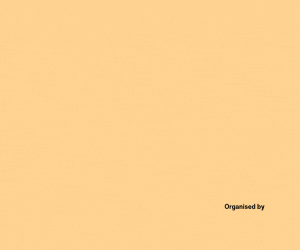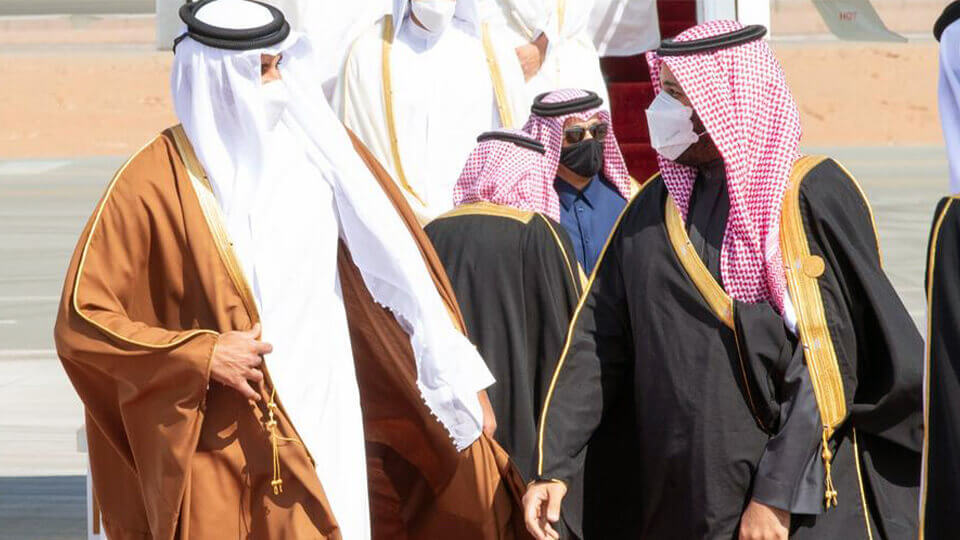
Dhaka: Saudi Arabia's Crown Prince Mohammed bin Salman said on January 5 that the Gulf states had signed an agreement on regional "solidarity and stability" at a summit aimed at resolving a three-year embargo against Qatar.
"These efforts helped us reach the agreement of the Al-Ula statement ... where we affirm our Gulf, Arab and Islamic solidarity and stability," he said, thanking the United States and Kuwait for mediating.
The US has been pressuring Doha and Riyadh to reconcile, fearing that Iran might take advantage of the feud.
The de-facto leader of Saudi Arabia also pointed to Iran in his speech.
"There is a desperate need today to unite our efforts to promote our region and to confront challenges that surround us, especially the threats posed by the Iranian regime's nuclear and ballistic missile program and its plans for sabotage and destruction," said Prince Mohammed bin Salman.
Qatar's ruler, Emir Sheikh Tamim bin Hamad al-Thani, also attended the Gulf leaders' summit in the Saudi desert city of Al-Ula on January 5. The emir and the Saudi crown prince publicly embraced before signing off on a rapprochement deal.
The remaining members of the Gulf Cooperation Council — Kuwait, Bahrein, Oman, and the United Arab Emirates — also signed the document. The details of the deal were not immediately released to the public.
Later in the day, Saudi Foreign Minister Faisal bin Farhan described it as "the turning of the page on all points of difference and a full return of diplomatic relations" indicating that ties would be restored to the pre-embargo levels.
Tensions between the two neighbors spilled into the open in mid-2017, when Saudi Arabia cut diplomatic, trade, and travel ties with Qatar. The United Arab Emirates, Bahrain, and Egypt also joined the blockade. The four countries accused Doha of backing radical Islamist movements and cozying up to Saudi Arabia's arch-rival Iran.


